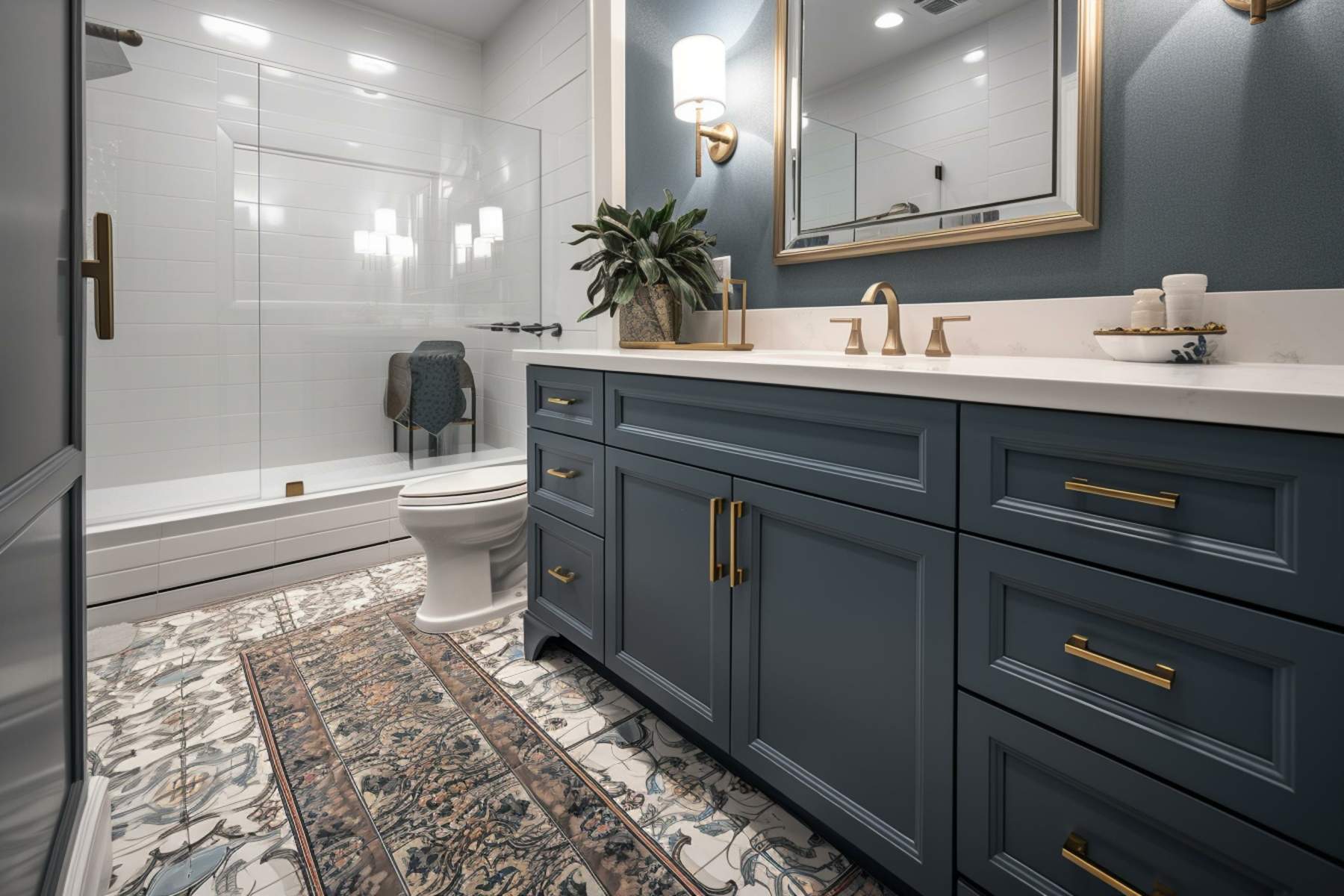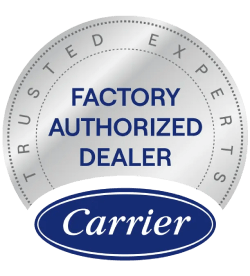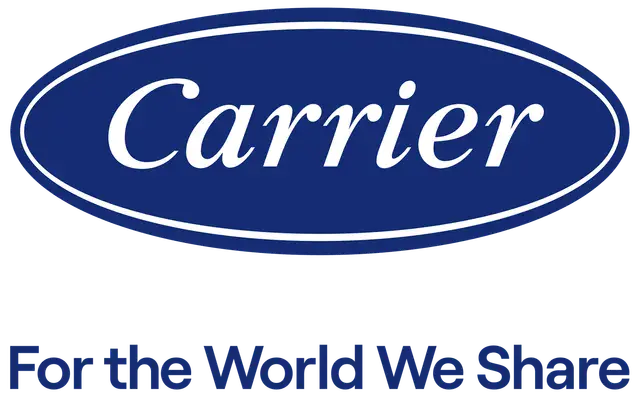
Understanding Modern Plumbing Fixtures and Their Impact on Your Property
Plumbing fixtures serve as the essential connection points between your property’s water supply system and daily functionality. At Stegall, we recognize that selecting, installing, and maintaining the right fixtures can significantly impact water efficiency, utility costs, and overall comfort in homes and businesses throughout Birmingham, Mountain Brook, Vestavia, Hoover, Helena, and Homewood, AL. These components range from basic faucets and toilets to sophisticated shower systems and commercial-grade installations that require expert knowledge for proper selection and installation.
The evolution of plumbing fixture technology has transformed how properties manage water consumption and user experience. Modern fixtures incorporate advanced materials like ceramic disc valves, thermostatic mixing valves, and low-flow aerators that maintain performance while reducing water usage by up to 60% compared to older models. We specialize in evaluating existing fixture configurations and recommending upgrades that balance initial investment with long-term savings, ensuring that whether you need emergency plumbing repair or planned fixture replacement, our team provides comprehensive solutions backed by 24-hour availability, seven days a week.
Residential Fixture Solutions and Water Conservation Technologies
Residential plumbing fixtures have evolved beyond mere functionality to become integral elements of home design and efficiency. Today’s homeowners face choices among hundreds of faucet designs, multiple toilet technologies, and shower systems that can transform bathrooms into spa-like retreats. We guide customers through selections that consider water pressure requirements, aesthetic preferences, and compliance with current EPA WaterSense standards, which mandate specific flow rates for different fixture types. Kitchen faucets, for instance, should deliver no more than 2.2 gallons per minute while maintaining adequate pressure for cleaning tasks.
The installation process for residential fixtures requires careful attention to existing plumbing infrastructure, local building codes, and manufacturer specifications. Each fixture type presents unique challenges, from ensuring proper venting for toilets to achieving correct temperature balance in shower mixing valves. Our expertise extends to retrofitting older homes with modern fixtures, which often involves updating supply lines, modifying drain configurations, and addressing incompatibilities between vintage plumbing systems and contemporary fixture requirements. This comprehensive approach ensures that new installations function optimally while preventing common issues like water hammer, inadequate drainage, and pressure imbalances that can damage fixtures prematurely.
Commercial and Industrial Fixture Requirements
Commercial and industrial plumbing fixtures must withstand significantly higher usage rates than residential installations while meeting stringent health and safety regulations. We work with businesses across various sectors to specify and install fixtures that comply with ADA requirements, health department standards, and industry-specific regulations. Commercial restrooms, for example, require touchless fixtures to minimize cross-contamination, sensor-operated flush valves that conserve water, and vandal-resistant designs that maintain functionality despite heavy use. These installations demand precise calibration of sensor ranges, flush volumes, and timing sequences to balance hygiene requirements with water conservation goals.
Industrial facilities present additional complexities, including exposure to corrosive chemicals, extreme temperatures, and specialized cleaning requirements. Stegall provides commercial, industrial and residential HVAC, plumbing, and electrical support services that address these unique challenges through careful material selection and installation techniques. Stainless steel fixtures resist chemical degradation, while specialized coatings protect against mineral buildup in hard water environments. We also install emergency fixtures like eyewash stations and safety showers that must deliver specific flow rates and temperatures within seconds of activation, meeting OSHA standards for workplace safety.
Advanced Fixture Technologies and Smart Home Integration
The integration of smart technology into plumbing fixtures represents a significant advancement in property management and water conservation. Digital faucets with programmable presets allow users to specify exact temperatures and flow rates, while smart toilets incorporate features like automatic flushing, heated seats, and integrated bidet functions. These technologies connect to home automation systems, enabling remote monitoring of water usage, leak detection, and predictive maintenance scheduling. We install and configure these systems to work seamlessly with existing smart home platforms, ensuring that property owners can monitor and control their plumbing fixtures alongside other building systems.
Smart fixture technology also provides valuable data for optimizing water usage and identifying potential problems before they cause damage. Leak detection sensors integrated into fixture supply lines can alert property owners to small leaks that might otherwise go unnoticed for months, preventing water damage and mold growth. Flow monitoring capabilities help identify unusual usage patterns that might indicate running toilets, dripping faucets, or hidden leaks within walls. This proactive approach to plumbing maintenance aligns with our commitment to providing comprehensive support across all service areas, from emergency repairs to planned upgrades.
Maintenance Strategies and Lifecycle Management
Proper maintenance extends fixture lifespan significantly while preventing costly emergency repairs. We recommend establishing regular inspection schedules that address common wear points:
- Valve seats and washers: inspect quarterly for signs of mineral buildup or degradation
- Aerators and flow restrictors: clean monthly to maintain optimal flow rates
- Supply line connections: check annually for corrosion or loosening
- Drain assemblies: service biannually to prevent clogs and ensure proper drainage
- Sensor batteries and calibration: test monthly in commercial settings to maintain reliability
Understanding when to repair versus replace fixtures requires evaluating multiple factors including age, efficiency ratings, repair frequency, and availability of replacement parts. Generally, faucets last 15-20 years, toilets 25-50 years, and water heaters 8-12 years, though these lifespans vary based on water quality, usage patterns, and maintenance practices. We help property owners develop replacement strategies that prioritize fixtures approaching end-of-life while maximizing return on investment through strategic upgrades that reduce operating costs and improve property value.
The selection and installation of appropriate plumbing fixtures significantly impacts property functionality, efficiency, and value. By combining technical expertise with comprehensive service availability, we ensure that properties throughout our service area maintain optimal plumbing performance through every season and situation.


